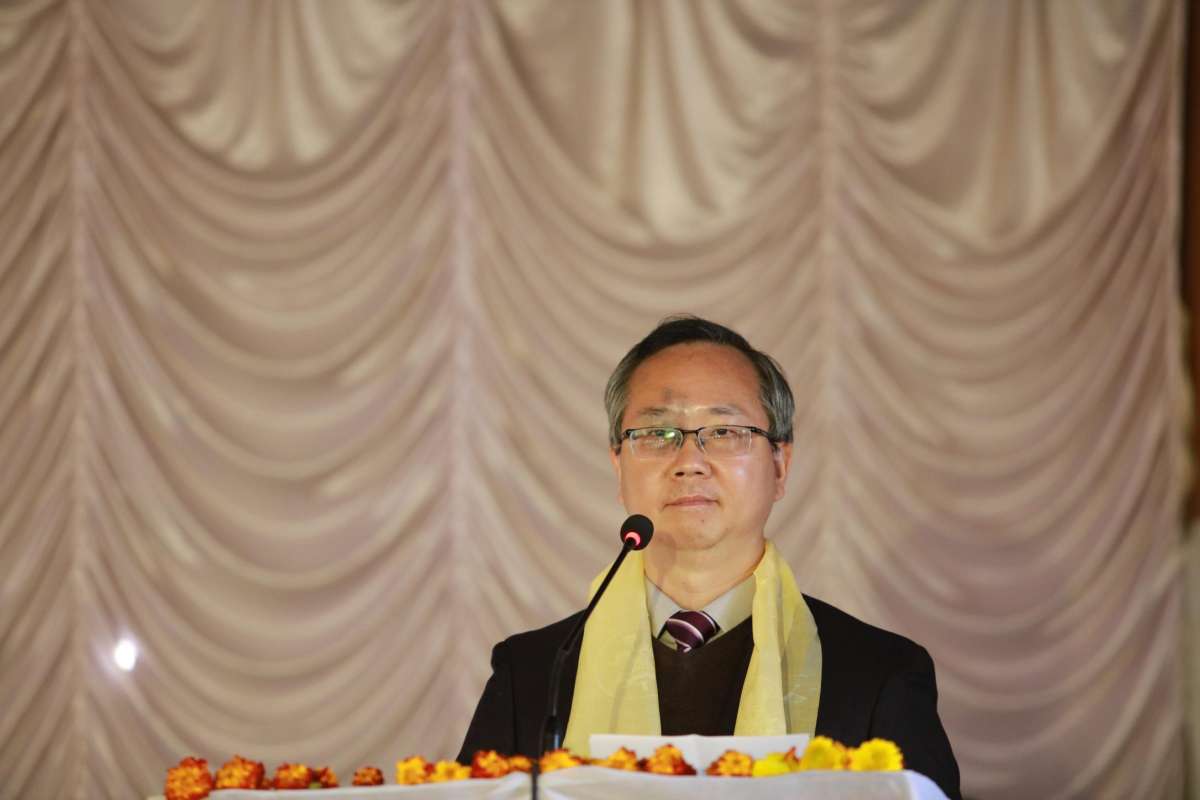Critics say PCC, which is being developed on 269 hectares (665 acres) of reclaimed land, is unsustainable and will have negligible benefits for the nation’s ailing economy…Rreports Asian Lie News
Sri Lankans are questioning the feasibility of the Colombo Port City project built with Chinese assistance as their country faces its worst economic crisis, reported Al Jazeera.
Port City Colombo (PCC), a vast new Chinese-built reclaimed commercial zone in Colombo, recently unveiled an artificial beach facing the Laccadive Sea. As far as many residents of Sri Lanka’s capital are concerned, the last thing their island nation needs in the midst of its worst-ever economic crisis is another beach, reported Al Jazeera.
“The artificial beach is just greenwashing to attract international investors – sustainability is a convenient buzzword,” said Priyangi Jayasinghe, a researcher at Colombo’s Munasinghe Institute for Development.
Jayasinghe is one of many local critics who fear that PCC is another Beijing-funded white elephant in the mould of controversial projects. They include the loss-making Hambantota International Port, which was leased to Chinese state-owned China Merchants Port Holdings Company Limited in 2017 as Sri Lanka struggled to repay its foreign creditors, which include China, India and Japan as well as private lenders, reported Al Jazeera.
Critics say PCC, which is being developed on 269 hectares (665 acres) of reclaimed land, is unsustainable and will have negligible benefits for the nation’s ailing economy.
“PCC will make a very minor impact on the Sri Lankan economy. It will be a separate tax-free dreamland when the rest of the country is facing higher taxes to deal with the economic crisis,” Jayasinghe said.
Though scheduled for completion in 2041, construction has finished at parts of the site, including a pedestrian bridge and the artificial beach, which was expected to open in December but remains sealed off to visitors.
However, many locals, struggling with rampant inflation and food shortages, remain sceptical of more Chinese involvement in Sri Lanka’s economic affairs.
“Every time I return to Colombo, the government has sold a bit more of the nation to China,” Prem Velautham, a Sri Lankan living in the UK who recently visited the site, told Al Jazeera.
Moreover, critics question whether those calculations include the full environmental costs.
Vidhura Ralapanawe, a sustainability expert who advised the PCC Commission, the government body tasked with overseeing the development, said the project is car-centric and has not properly taken into account expected increases in demand for energy, water and waste and sewage services.
Ralapanawe also pointed out that a USD 1.5 bn Japanese-funded light rail project that would have served as the main public transport link between PCC and Colombo was cancelled in 2020, reported Al Jazeera.
Some environmental activists and citizens question whether authorities have the plan or budget for the significant investment required to accommodate PCC, given Colombo’s over-stressed public infrastructure and the abject state of Sri Lanka’s public finances.
Many residents in Colombo also express concerns that Chinese investors could take a bigger stake in PCC if the project fails, although there has been no suggestion of such a possibility by either the government or the developer.
“PCC is a case of not thinking things through, on a macro scale,” Ralapanawe said. (ANI)














